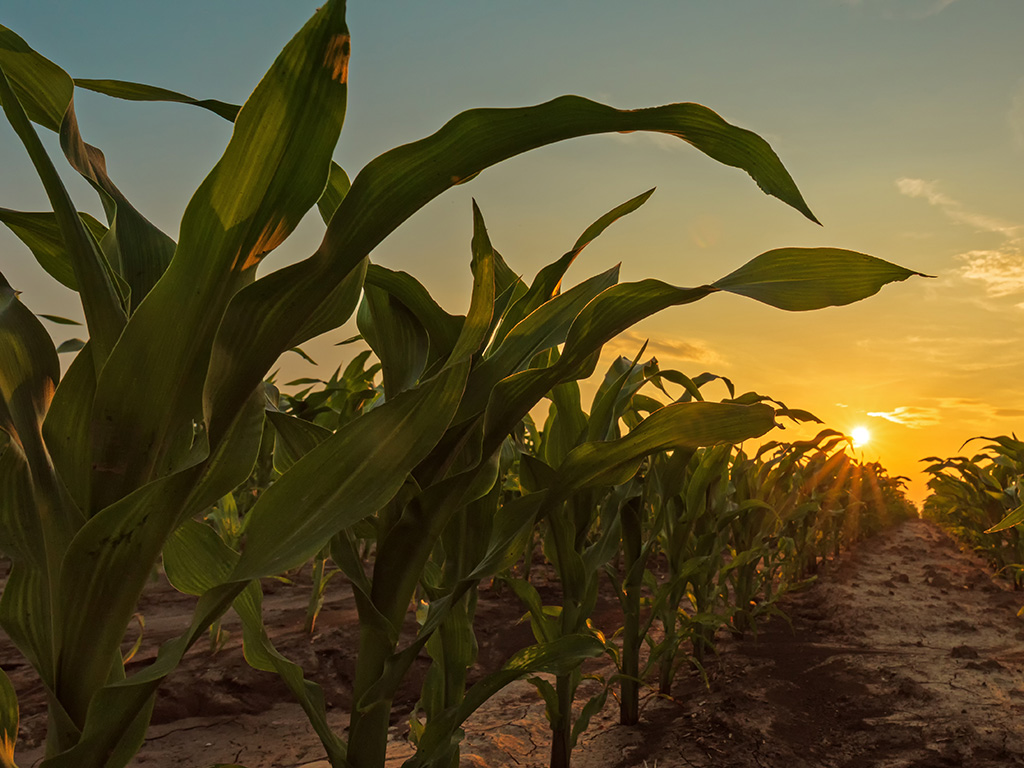Why Footwear Brands Are Investing in the Insole Experience
Footwear should be experienced – and footwear experience design trends include a thoughtful insole selection to ensure comfort, performance, and support.

At INSITE, our goal is to create insoles that promote better comfort, performance, and support. That means finding sustainable materials that still promote the ergonomic benefits INSITE is known for.
Our plant-based polyurethane foams are derived from a crop you’re probably familiar with: corn. However, the industrial field corn used in our biomaterials is much different than the sweet corn we’re used to seeing on the dinner table.
We use an industrial corn-based bio-propanediol (PDO) in our poured polyurethane insoles. This bio-PDO replaces some of the main petrochemical ingredients in polyurethane. While it might look the same under a microscope, our bio-PDO features many performance benefits not found in its petrol-based competitors, like better elongation and tear strength. It also results in significantly less greenhouse gas emissions and non-renewable energy use.
How our field corn is grown and harvested is just as important when it comes to environmental impact. Here’s how our material suppliers are working to ensure a healthy ecosystem for future generations.
Not all farming techniques are equal. While plant-based solutions are taking center stage, it is highlighting the need of the agricultural industry to adopt regenerative farming.
Thanks to regenerative farming programs by our suppliers, we know exactly how the field corn used to produce our bio-PDO is grown. Participating farmers receive support from the program to improve their environmental metrics using regenerative farming practices.
The metrics measured in the program include greenhouse gas emissions, nitrogen efficiency, water and wind erosion, and soil quality. The program also promotes the use of 26 regenerative farming practices like no-till farming, crop rotation, and reduced fertilizer and pesticide use. Data is collected on 100% of the farmland used by our bio-PDO supplier, compared to the industry average of 10%, making it one of the strongest regenerative farming efforts in the footwear world.
In a 2019 cradle-to-gate lifecycle assessment, our bio-PDO was found to reduce greenhouse gas emissions by 48% and non-renewable energy usage by 46% compared to traditional petrol-based PDO. This includes every step from the planting and harvesting of the corn to the final production of the bio-PDO material. Industrial corn also poses no threat of deforestation, a risk with other biomaterial feedstocks such as palm and soy.
In 2016, the footwear industry alone contributed over 700 million metric tons of carbon emissions in 2016. Our industry has a responsibility to bring this number down, any way we can.
At INSITE, we take this responsibility one step further. The bio-PDO we put into our polyurethane foams is not only reducing carbon emissions. It also helps to ensure that our biomaterials are contributing to a circular economy, where product solutions are ecologically sustainable not just in the short term, but for generations to come.
Footwear should be experienced – and footwear experience design trends include a thoughtful insole selection to ensure comfort, performance, and support.
How do you strike a balance between sustainability and performance when it comes to footwear materials? INSITE® Director of Research & Design Justin Ter Har recently answered this question at the FDRA Sustainability & Innovation Summit in Portland, OR in September.
Orthotics have many benefits, and orthotic-inspired insoles allow footwear brands to deliver those benefits right out of the box.